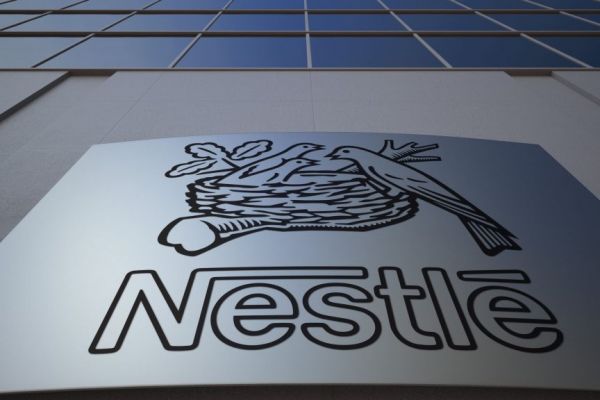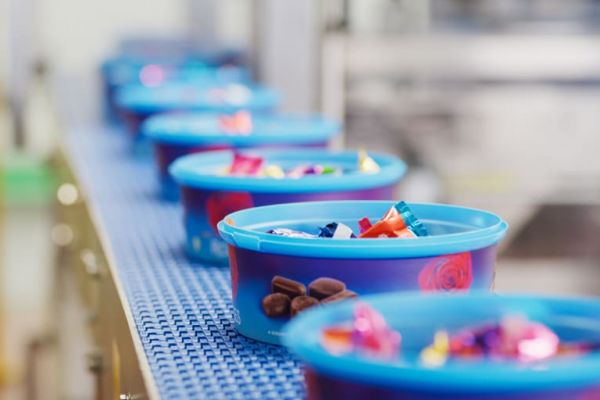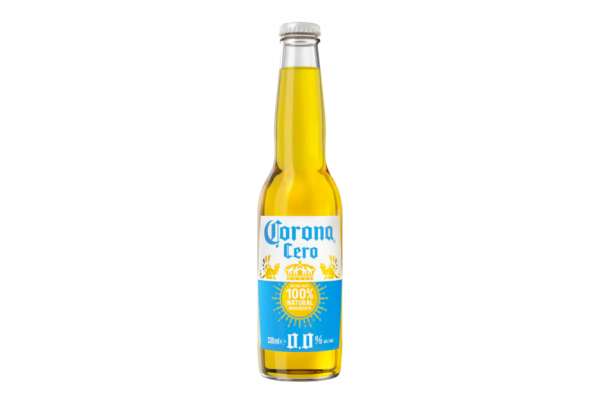Swiss food giant Nestlé has reported a sobering 0.4% total sales increase to CHF 89.8 billion in its full year results for 2017.
The company saw organic growth of 2.4%, which missed the lowest estimate of 2.6% in a Reuters poll of analysts.
In the fourth quarter to 31 December, Nestlé’s organic sales grew 1.9%, also below the 2.85% estimate in the Reuters poll.
Net profit dropped 16% to CHF 7.2 billion, short of the CHF 9.625 billion average poll estimate.
Nestlé proposed a dividend of CHF 2.35 per share for 2017, below the average poll estimate of CHF 2.40.
The company lagged behind its rival Unilever, which posted a 4% rise this month in underlying quarterly sales.
Below Expectations
"Our 2017 organic sales growth was within the guided range but below our expectations, in particular due to weak sales development towards the end of the year, said Mark Schneider, Nestlé CEO.
Schneider added that particularly the product areas Nestlé Waters and the Nestlé nutrition business finished the year weaker than anticipated.
In developed markets, organic growth was 0.7%, while emerging markets saw a 4.8% increase.
“Sales growth in Europe and Asia was encouraging while North America and Brazil continued to see a challenging environment,” Schneider said.
Challenging Americas
Organic growth in the Americas was marginal at 0.9%, due to challenging conditions and deceleration in the back half of the year, according to the company.
Excluding the confectionery business, Nestlé’s growth in the US was flat, due to decreasing consumer demand and challenging category dynamics.
Last month, Nestlé agreed to sell its US confectionery unit to Nutella maker Ferrero, which included the sale of its Butterfinger and Baby Ruth brands.
This was the first major divestment by the company since Schneider took over as CEO last year.
Key Issues
Nestlé said at the time of the sale that it planned to focus on healthier and faster-growing categories like coffee, pet food and water.
This comes in light of a drop in consumer demand for sugary products, which Nestlé – the inventor of milk chocolate – is well known for.
The company and its competitors are under pressure to make their businesses more efficient by cutting costs and selling off underperforming brands in confectionery.
The company is also facing pressure from its activist investors such as Third Point, which has been pushing the company to accelerate its transformation into a better-performing health food company.
A recent example of this new direction was when Nestlé announced that it acquired a majority stake in Terrafertil, a Latin American company that produces natural, organic and plant-based foods.
Strategic Developments
For the coming year, the company announced two major changes to its portfolio. It said that it would not renew the shareholders agreement between Nestlé and cosmetics company L’Oréal’s founding family Bettencourt after it expires on 21 March, 2018.
Nestlé will not increase its 23% stake in the cosmetics company and “maintain all available options” for the benefit of Nestlé’s shareholders, the company said.
Nestlé’s board of directors has also decided to explore further strategic options, including a potential sale, for its Gerber Life Insurance business.
This business was part of the Gerber acquisition from Novartis in 2007 and had sales in 2017 of CHF 840 million.
Outlook
The company expects organic sales to grow between 2-4% in 2018 and anticipates restructuring costs of around CHF 700 million, while underlying earnings per share in constant currency and capital efficiency are expected to increase.
“During the past months, we have completed initial portfolio adjustments with very favourable results,” Schneider said. “We will continue this active portfolio management approach in a disciplined manner and fully in line with our strategy."
"Regarding our core portfolio, accelerating our growth through product innovation and renovation is high on the agenda," Schneider continued. "Organic sales growth is expected to improve in 2018 and we are firmly on track for our 2020 margin improvement target."
© 2018 - Checkout Magazine by Kevin Duggan









